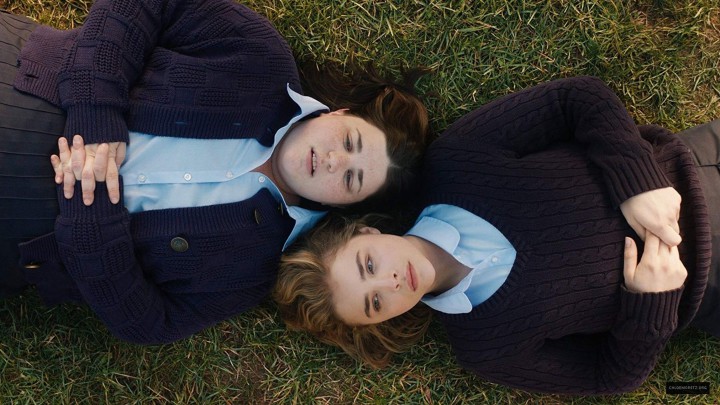The Miseducation of Cameron Post may well be the perfect metaphor for the debasement of Sundance as a barometer of cinematic accomplishment. This film is a critically lauded indie about a crucial subject dear to the hearts of quasi-enlightened intelligentsia, so of course it’s going to win awards. It’s also a poorly structured and dramatically defanged narrative with little to distinguish it visually, something that likely took the top prize at Sundance on the merit of its subject matter alone. Yes, a film dealing with so-called “gay conversion” therapy is timely and topical, and yet, in a world in which a purported advocate of such abhorrent practices can rise to the second-highest public office in the nation, it’s hard to accept Cameron Post as the film to challenge the deeply misguided notions underpinning such dubious enterprises.
If the Sundance judges’ decision to award the Grand Jury Prize to director and co-writer Desiree Akhavan’s adaptation of Emily M. Danforth’s novel is questionable, it’s not entirely without basis; Cameron Post is far from a bad film. But those looking for a hard-hitting explication of the psychological ramifications of church-sanctioned brainwashing will come away disappointed. Set 25 years in the past, Post follows its eponymous protagonist, played by with an odd sense of out-of-place ambivalence by Chloë Grace Moretz, as she gets busted making out with her girlfriend and promptly shipped off to a pray-the-gay-away nightmare world called God’s Promise. There she falls in with fellow miscreants Jane Fonda (Sasha Lane) and Adam (Forrest Goodluck) who share her affinity for pot and her disregard for “cured” gay pastor Rick (John Gallagher Jr.) and his sinister head-shrinker sister Lydia (Jennifer Ehle).
One of the biggest problems with Cameron Post is that each of these characters is far more interesting than the film’s titular heroine, and each of the actor’s portrayals vastly outshine that of Moretz. But rather than leaning into her talented supporting cast, Akhavan’s script only provides them with the most cursory characterization, instead lingering on Moretz’s vacant stare as though her constant state of perceived bemusement should drive the narrative’s dramatic tension. There’s no real sense of the tragedy these kids are enduring and even less of a grounding established in who they are as people.
The reason that this is such a critical fault in the construction of Post is that, by the time something horrific inevitably happens and the kids finally rebel, the audience hasn’t been given a sufficient opportunity to care about or identify with the parties involved. This is a film in which every dramatic moment happens offscreen, leaving its political and moral themes implied rather than directly stated. There are pulled punches, and then there is The Miseducation of Cameron Post. For such low-hanging fruit, it’s frustrating to see a filmmaker actively avoid direct engagement with the issues at the core of her story. While it’s laudable that the subject is being addressed at all, it seems as if Akhavan has passed up her opportunity to go for a particularly vulnerable jugular. Not Rated.
Now Playing at Grail Moviehouse.








Before you comment
The comments section is here to provide a platform for civil dialogue on the issues we face together as a local community. Xpress is committed to offering this platform for all voices, but when the tone of the discussion gets nasty or strays off topic, we believe many people choose not to participate. Xpress editors are determined to moderate comments to ensure a constructive interchange is maintained. All comments judged not to be in keeping with the spirit of civil discourse will be removed and repeat violators will be banned. See here for our terms of service. Thank you for being part of this effort to promote respectful discussion.